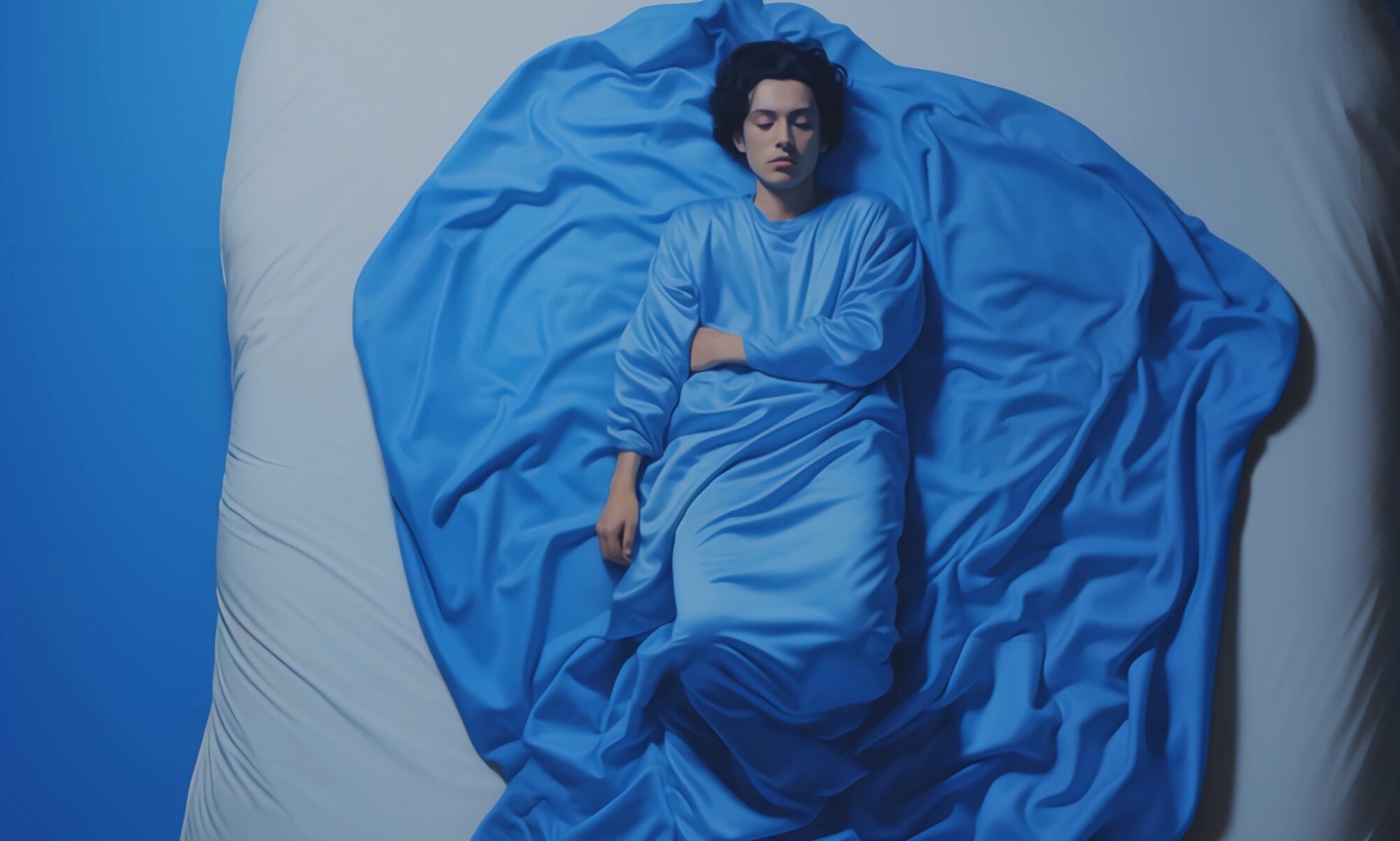Explore the impact of sleep deprivation on work productivity and learn practical strategies to stay alert and focused. Discover how Dozywave’s sleep aids support better rest, helping busy professionals perform at their peak.

Most of us have experienced those dragging days at work when the morning’s promise fades into a fog of tiredness by mid-afternoon. Sleep deprivation undermines focus, dulls creativity, and can turn the simplest tasks into challenges. In today’s fast-paced world where deadlines and meetings never seem to end, sleep often takes a back seat. But the real cost? Your productivity, health, and wellbeing.
Sleep deprivation affects cognitive functions essential to workplace success. Concentration lapses, slower reaction times, and impaired decision-making are classic signs. When your brain is starved of rest, memory suffers too; recalling key details and juggling multiple tasks becomes a struggle. Over time, this can lead to mistakes, missed opportunities, and even safety risks.
Recognising sleep deprivation in yourself or colleagues isn’t always straightforward. Irritability, persistent yawning, and declining work quality are subtle indicators. If fatigue frequently hits hard during meetings or shifts, it’s a sign your body needs more rest.
Coping strategies can help you navigate through busy periods. Short power naps—ideally 10 to 20 minutes—can restore alertness without leaving you groggy. Staying hydrated and choosing balanced meals stabilise energy levels throughout the day. Regular breaks to stretch and get fresh air help refresh a weary mind.
Building a sleep-friendly routine might sound impossible when juggling responsibilities, but small changes make a huge impact. Try to prioritise consistent bedtimes, avoid caffeine in the late afternoon, and limit screen exposure before sleep. Even practising relaxing rituals like reading or gentle stretches can signal your body it’s time to unwind.
Quality sleep aids bolster these efforts. At Dozywave, we curate products to create an ideal environment for restful nights. From ergonomic pillows to soothing weighted blankets, our range helps you reclaim deep, refreshing sleep, so you’re ready to perform at your best during the working day.


